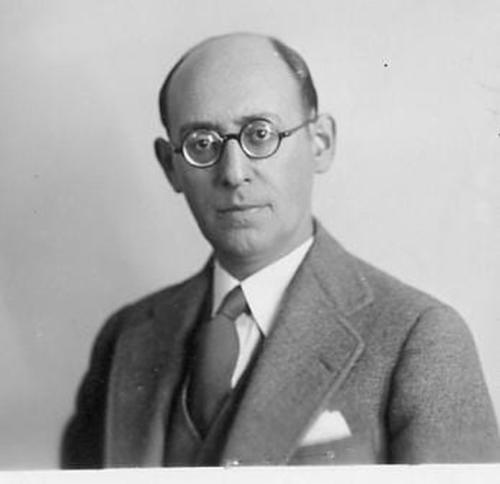OEI and the "Cold War": The Marxism-Leninism Project (1954-1964)
The Marxism-Leninism Project constituted an important milestone in the internationalization of the Institute for East European Studies and a significant research contribution. The project was carried out in close cooperation with U.S. researchers on Eastern Europe ("Russian Studies") and examined the ideational basis of Eastern European political and economic orders - Marxism-Leninism - and its distance from original Marxist thought. Herbert Marcuse, one of the most important protagonists of the project, put it this way: "In my view, there is still no adequate comprehensive critique of Marxism as an intellectual and political force, in its various ramifications and applications" (1957).
Emergence of the project
The initial preliminary considerations of the project developed in the early 1950s and were shaped primarily by two factors: the aspirations of German researchers to expand transatlantic cooperation in the field of Eastern European studies and the desire to engage intellectually with Marxism-Leninism. In doing so, the project was premised on the assumption that an understanding of Marxist-Leninist ideology was necessary for understanding the development of the Eastern Bloc and the USSR. Among the most important protagonists of the project on the German side were Werner Philipp and Hans-Joachim Lieber; while in the United States the project was made possible by the support of Philip Mosely, Franz Neumann, and Fritz Epstein. Herbert Marcuse provided the important theoretical impetus.
The central forms of work in the project were regular conferences involving researchers from Western European countries and the USA. A total of nine conferences were held. The project funds were also used on the German side to promote young researchers and to finance qualification work. The Rockefeller Foundation acted as the project's funder; the foundation, which had been in existence since 1913, had been involved in funding numerous research projects throughout its history and had a strong international focus from the beginning. Since 1922, funding for social science research had played an important role.
